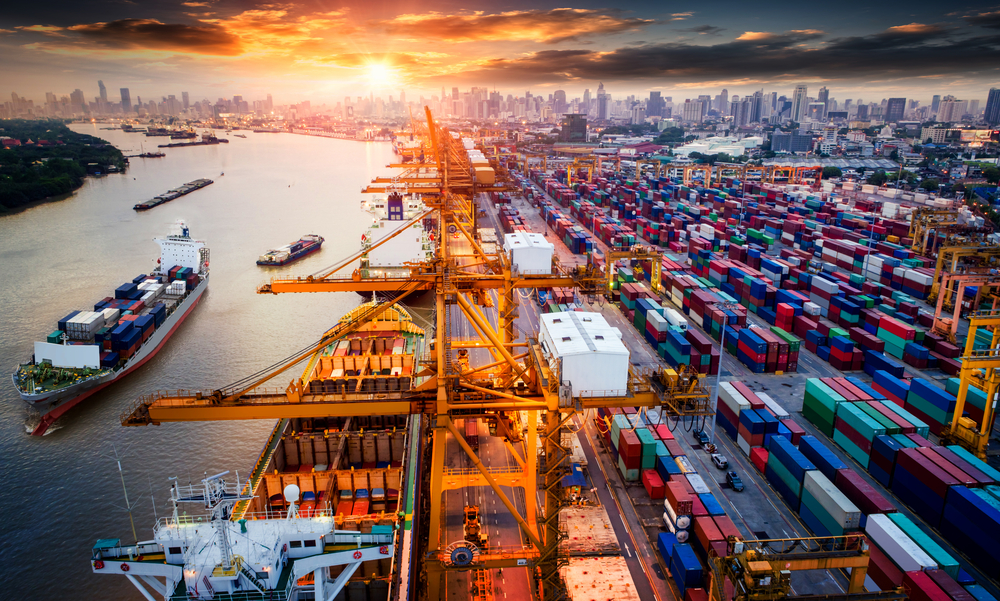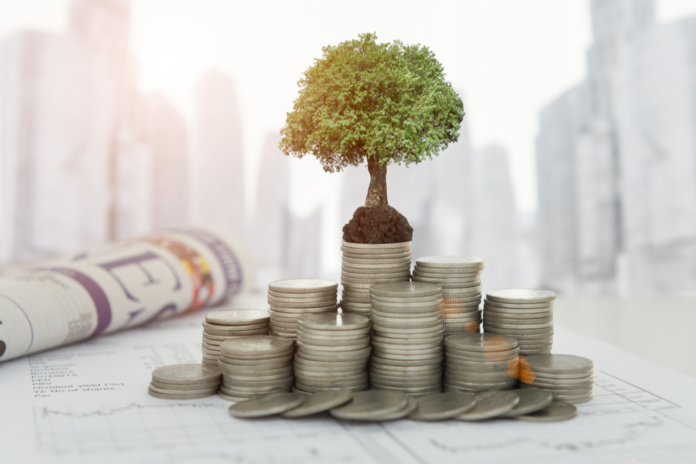Post-lockdown economic fallout, a history of questionable decisions and a global economy reeling from supply line shocks and economic contraction. These are the realities the average Caribbean nation steps into 2022 facing. For some the situation is worse than it otherwise should be. For example, in 2021 the UN Conference on Trade and Development’s investment report noted that Trinidad and Tobago had the Caribbean’s worst FDI in 2020 with a negative figure of -439 million USD. Even nations like Haiti performed far better and had positive investment figures. This despite another report from the UN noting that investment in the Latin American and Caribbean region had plunged by 45% due to the collapse of tourism and industry over the last year. That’s exactly why Foreign Investment is what we need to talk about today.
Rationale For A Drive To Secure Foreign Exchange
These aren’t things to merely shrug off as, even before the global pandemic, figures showed that TT already had yearly negatives in FDI and economic competitiveness ratings. The inflation and supply line chaos resulting from nearly 2 years of shutdowns and slowed economic activity means that Caribbean nations, especially those like TT, need to secure stable sources of foreign exchange immediately. This would allow these small developing nations to better accrue and import goods it cannot produce without experiencing massive trade deficits and skewed import-export balances.

Consequently, a dearth of foreign investment would mean large amounts of local skill and intellect would go untapped, further facilitating the region’s age old problem of brain drain to wealthier nations. Indeed, the presence of foreign firms not only widens and improves the middle class but also prompts the creation of better local infrastructure whether is done directly by companies developing areas or by the state improving things like water, power, roads and transportation in the interests of attracting said companies. In fact both the UN and OECD case study papers have fully embraced FDI as a means for smaller, more volatile economies to improve their local infrastructure.
Setting A Foundation
How then is FDI to be improved and attracted? Who wants to invest in times like this in nations beset by their own problems? After all investors seek stability and opportunity above all else. The IMF notes that FDI is a vital economic indicator for countries both major and minor. One of the easiest means of attracting it is through streamlined, modernized and non-punitive tax regimes. No business wants to be bogged down in a quagmire of red tape and bureaucratic sludge in order to merely operate. This unfortunately is one of the more prominent issues facing regional economies as governments weigh the tricky pros and cons of reforming the public sector whilst not angering support bases and those reliant on state employment. However, to cut a long story short, investors generally tend to favour freer markets, even where they have a vested resource based interest or opportunity for large, cheap pools of labour. This requires a nation to work towards improving its Ease of Business, Credit and Transparency ratings.

Learning From Our Neighbours
Despite its size, Costa Rica has been described as a ‘small but impressive FDI powerhouse’ by observers. Not only does it boast high tech manufacturing from major companies such as Intel but also medical and other forms of complex manufacturing as well. Key to this is a strong commitment to ‘free trade’ policies and an open economy. This means everything from business registration to employee paperwork; trade and even relaxed taxes are on the table. Rather than earn money directly through heavily taxing companies, money is instead earned through fees paid for work permits, registration and through the taxes paid by locals employed in lucrative posts by the company being hosted. This is exactly how such small, FDI-centric hubs earn money and continue bolstering the average quality of life for its citizenry.
Adapting To Contemporary Needs
The global pandemic has led to supply shocks with ships waiting days for permission to dock in many nations. This created shockwaves throughout all economic sectors. A shrewd regime looking to attract FDI would do well to upgrade its port and transportation infrastructure while simplifying, perhaps fully digitizing, the process altogether. Consequently, the International Growth Centre notes that one of the first things a nation must do is narrow its focus and decide what type of FDI it wants to attract. This would obviously vary based on the respective regional entity. Some would wish to attract tourism and service based investment whilst others would do better seeking manufacturing or the aforementioned high tech manufacturing seen in Costa Rica. Thus, they would need to decide if they wish to set up an Investment Promotion Agency to hunt, attract and court investors or double down on something like forming EPZ’s (Export Processing Zones) and tax free investment zones with infrastructure befitting industry.

Indeed, one of the best ways to engage in improving FDI is to simply build on foundations and competencies already honed in the local economy. Therefore, a nation such as TT may wish to look at industry, energy and then use this as a stepping stone for forays into more advanced manufacturing for example. This would obviously require cooperation from both the private and public sector as skill, education, infrastructure, policy and safety all play into attracting investment as well. Regardless, in the coming years this is not a topic to be taken lightly and should be one of, if not the highest priority for economy building.



















